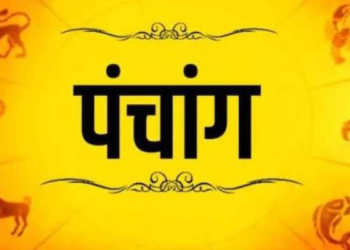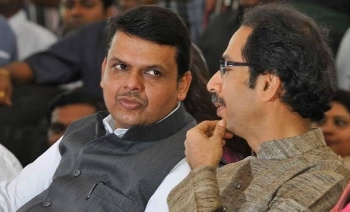How should diabetic patients fast?
Fasting during Navratri is a centuries old tradition. Fasting is not only related to faith but also to health and the good thing is that now even western countries have started accepting the principle of ‘Ekabhuktam Sadarogyam, Dwibhuktam Balvardhanam’. ‘University of California’ applied this principle of Ayurveda on patients with ‘Metabolic Syndrome’ and soon they saw its benefits. You might be wondering what this metabolic syndrome is. When blood sugar, BP and cholesterol become imbalanced in the body due to poor eating habits and wrong lifestyle, the risk of heart disease, stroke and diabetes increases and this medical condition is called metabolic syndrome. Fasting can prove to be more effective than medicine in treating the disease. Starving for 17 hours will balance the glucose level. With the stomach empty, the pancreas becomes more active and this increases the production of insulin, which helps in reducing blood sugar. Not only this, it also makes it easier for the liver and muscles to regulate blood sugar. Resting the body’s machinery also helps in restoring energy to the body.
This formula works when you are a patient of high sugar. But if your sugar remains low then fasting can cause a dip in glucose level which leads to sudden sweating, trembling of hands and legs, feeling of weakness and rapid heartbeat. Therefore, keep these things in mind before fasting. Its simple meaning is that if the sugar level increases too much then there is a problem and if it decreases then there is also a problem. In such a situation, how should those more than 20 crore people who are suffering from diabetes or are pre-diabetic keep the fast? Let us know from Swami Ramdev how sugar will be controlled through fasting and yoga because all the scientists of western countries have started accepting the principles of Ayurveda.
diabetic patients
More than 10 crore patients in India
150% increase in last 30 years
There will be around 14 crores in the next 15 years
symptoms of diabetes
feeling very thirsty
weight loss
blurred vision
excessive urination
Headache
wound not heal
weakness
cause of diabetes
Tension
eating untimely
junk food
drink less water
not sleeping on time
not working out
obesity
genetic
WHO guidelines – How much sugar to eat?
Do not eat more than 5 grams of sugar in 1 day
5 grams i.e. 1 teaspoon
People eat 3 times more sugar
Diabetes risk from white rice
20% higher risk of diabetes
sugar will be controlled
Take cucumber-bitter gourd-tomato juice
Drink Giloy decoction
Mandukasana-Yogamudrasana beneficial
Do Kapalbhati for 15 minutes
resolution of 40 minutes yoga
Latest Health News










